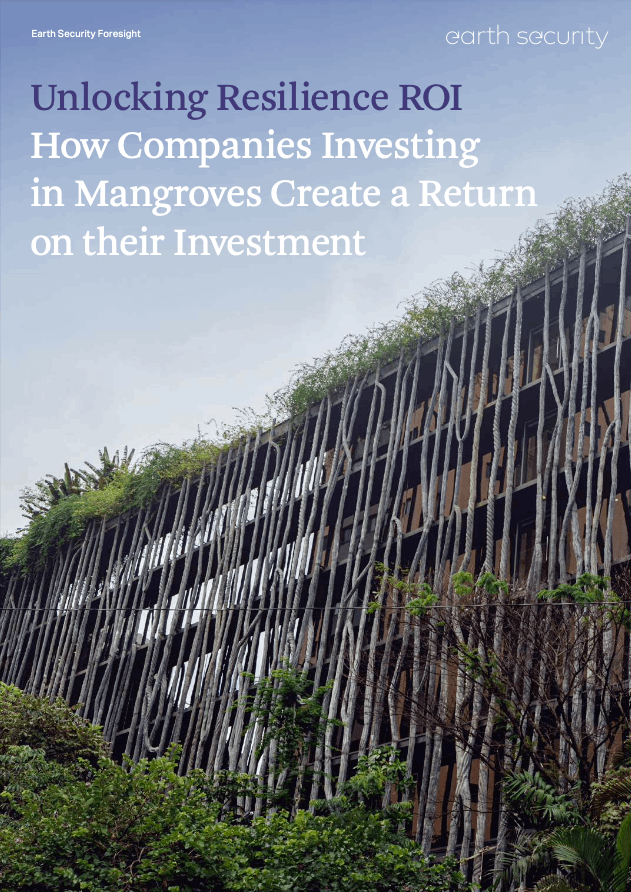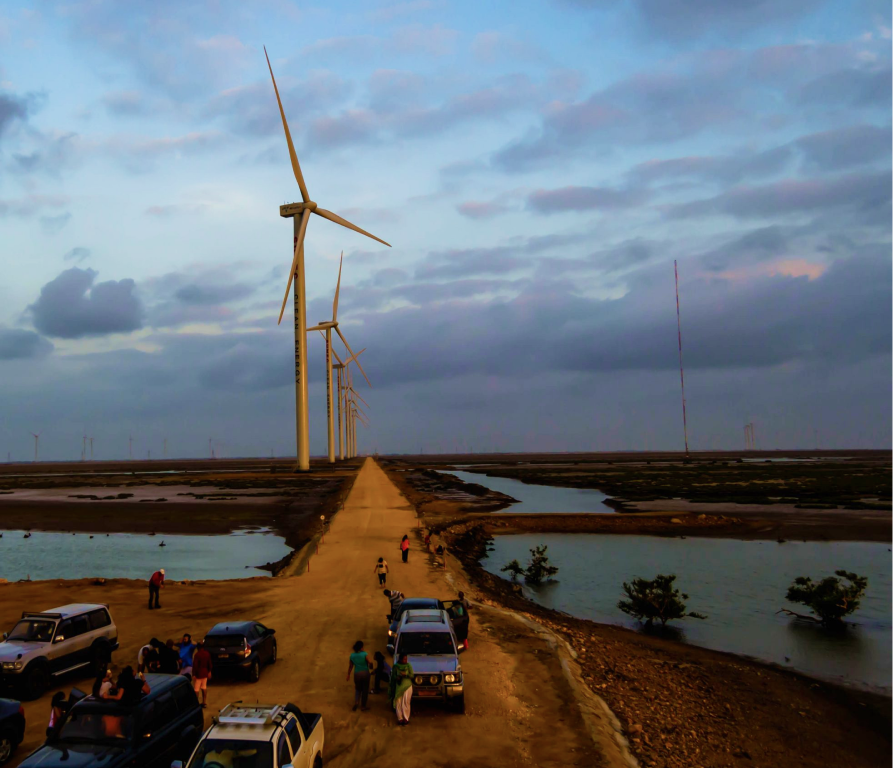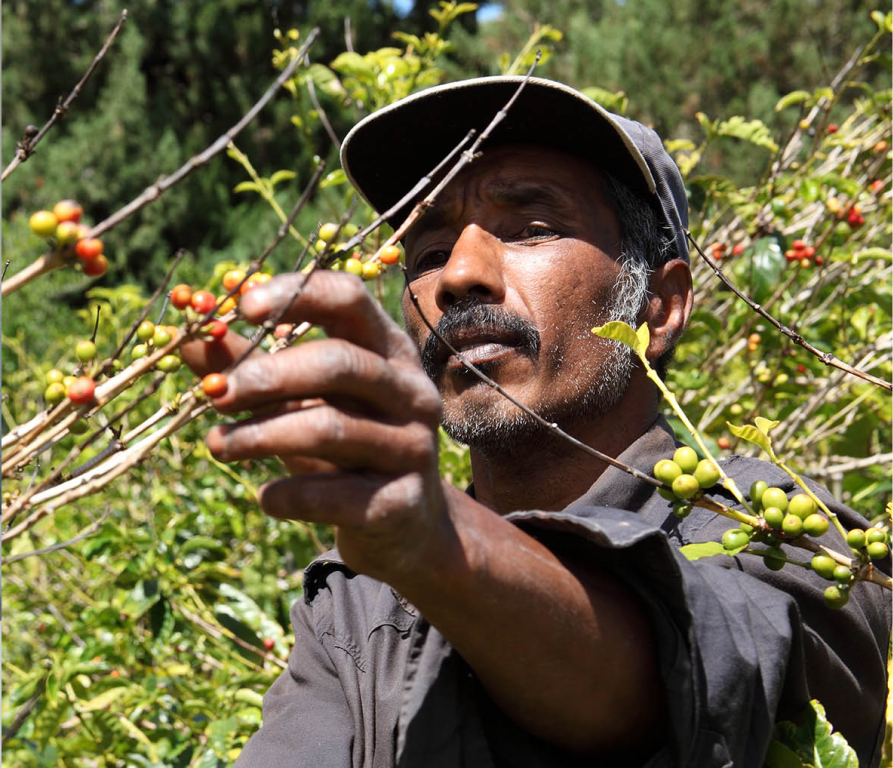Connecting capital with planetary resilience
We partner with investors, companies, and philanthropies to shape capital for a resilient future.

Why resilience matters
The world is moving towards 2–4°C — an era where systemic climate risks are no longer preventable but must be managed to secure societies and economies.
From food and water stress to coastal inundation and grid instability, building resilience is no longer optional —it’s investible. Earth Security curates resilience investment pathways that turn global risks into opportunities for long-term value creation.
How we work
Latest insights
featured
Unlocking Resilience ROI
Our latest programme in partnership with Swiss Re Foundation, the Good Energies Foundation and the Global Environment Facility is giving shape to a new blue carbon asset class, building a USD 20 million portfolio of 50 blue carbon projects restoring nature and building coastal resilience, mobilizing specialised investors, family offices and institutional capital to gain exposure.

Our Impact
Our Impact
We turn global resilience challenges into actionable catalytic partnerships to finance the resilience of people, ecosystems, and economies. Explore some of the initiatives shaping this new investment paradigm.
View All Case StudiesPartner With US
Partner with us to advance the new paradigm of resilience investing



.webp)



